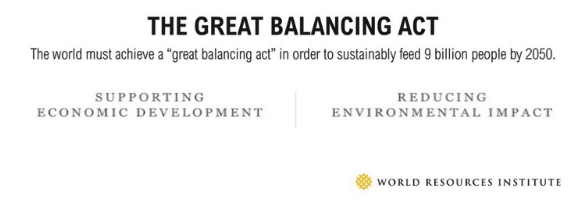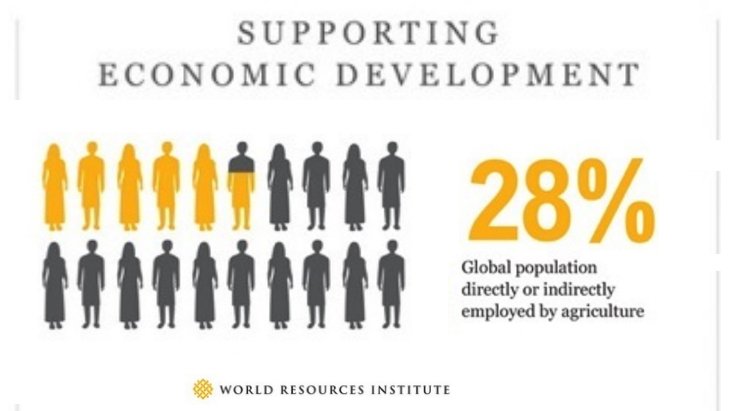Because we look at the bigger picture, and see what we can do, to make things better in small ways.
Our Earth is the resource from which we draw everything we need to survive: Air, water and food. Therefore it is our responsibility as a people to care for our Environment and preserve it for generations to come.
At Pepper Trail we are committed to help preserve our Environment and healthy soil. Our aim is to promote and support organic and ecologically sustainable farming on the one hand and the consumption of natural, organic produce that celebrates biodiversity on the other.
Global comparative analysis revealed that organic farms have 30% more species Diversity and 50% more beneficial insects such as bees. With our work we also want to bring awareness about the Economics of Ecosystems and what we gain by keeping the biodiversity through organic farming.
(Eg: Honey bees that pollinate $30 billion worth of crops in the US, are dying out due to pesticides and agrochemicals )
- We want to help REVIVE the goodness of old ways in agriculture- that which we are losing to progress-without-a-vision for a sustainable future.
- At the same time, we want to help RE-INVENT the marketing of the produce with new ways and approaches; By combining modern knowledge and technology with indigenous culture and traditional ways of farming we hope to support sustainable development in local communities in India and share their rich natural heritage and knowledge with the larger domestic and international markets.
- We want to REJUVENATE the farming community by bringing new enthusiasm. We believe that by providing fair trade conditions, support and investment to farmers and offering them the opportunity to participate in our vision of organic and ecologically sustainable farming, enables local communities to conserve and cultivate indigenous knowledge and traditions, empower their economies and ultimately develop the region.
We don't expect it to be easy nor without obstacles but we strongly believe that ours is a vision that is worth fighting for. For all of us.


The Economics of Ecosystems and Biodiversity:
We tend to take nature for granted. We ignore the value of 'Ecosystem Services', as it is 'free'.
"It is estimated that insect-based pollination, mainly by bees, for fruits, nuts and vegetables is worth $190 billion per year globally ( which is about 8% of the global agricultural output)"
Talk @TED Scotland, Dec 2011
PUT A VALUE ON NATURE!
by Pavan Sukhdev, study leader of The Economics of Ecosystems and Biodiversity (TEEB) and UNEP Goodwill Ambassador.
@ UN-FAO :
"Agriculture & The Economics of Ecosystems and Biodiversity"
--Talk by Pavan Sukhdev, in Rome, April 2013
"In order to achieve what we describe as Green Development, the most important aspect of Economy is actually agriculture..
When looking at agriculture, nothing is more important than the small farm and small holders (around 2 hectares). It is not widely understood that small farms today, 525million of them, are where 60% of the arable land is. And half the world's food production is in small farms. More importantly, there are more than 1 billion livelihoods depending on small farms..
Small farming techniques are lot less costly on the local ecology compared to intensive industrial farms using more pesticides and fertilizers."



